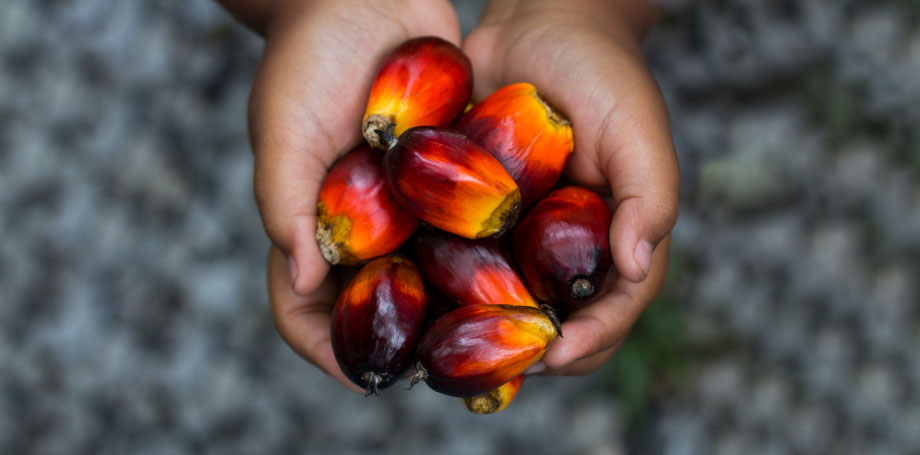What makes palm(kernel)oil sustainable?
3
Jun

Sustainability of raw materials is a big topic for all industries, including cosmetics. A good example of this is the use of palm oil and palm kernel oil. When buying cosmetics products, consumers now tend to look not only at price and quality, but also increasingly at the origin of the ingredients. By using certified sources, producers can take responsibility for the environment, and RSPO offers a way to ensure transparency along the entire supply chain.
The non-profit organization RSPO (Roundtable on Sustainable Palm Oil) was founded in 2004 on the initiative of the WWF (World Wide Fund for Nature), where two important, binding standards have been adopted to define sustainable palm oil.
RSPO’s “Principles and Criteria” is the first standard. This standard encompasses not only the ecological requirements, but also the social, economic and legal components of sustainability.
The following seven RSPO principles apply as the basis for producing sustainable palm oil:
Prosperity:
1. Behave ethically and transparently
2. Operate legally and respect rights
3. Optimize productivity, efficiency, positive impacts and resilience
People:
4. Respect community and human rights and deliver benefits
5. Support smallholder inclusion
6. Respect workers’ rights and conditions
Planet:
7. Protect, conserve and enhance ecosystems and the environment
These seven principles form a strong basis, and their implementation is being critically analyzed and continuously improved. A host of oil palm plantations and corresponding oil mills have committed to follow this standard. Third party certification is a key tool for verifying compliance.
How can sustainable palm oil be traded?
All actors, such as independent oil mills, refineries and producers, need to implement the RSPO requirements to ensure that only sustainable palm oil is used. These actors are audited against the second standard, namely the RSPO Supply Chain Certification Standard. There are four RSPO supply chain models in total: Identity Preserved, Segregated, Mass Balance, and Book and Claim.
“Mass Balance” is one of the most widely used models (see Fig. 1). Mass Balance is where sustainable palm oil from certified plantations is mixed with conventional material from non-certified plantations.
Another model is known as “Segregated”. In this model, no conventional material is used, and all of the palm (kernel) oil originates from certified oil mills.
When the palm (kernel) oil can be traced back to one single oil mill, this is called the “Identity Preserved” supply chain model. As another option, certified oil mills, oil presses and independent smallholder groups can sell so-called RSPO credits in the “Book and Claim” model. An RSPO credit represents one metric tonne of certified sustainable oil palm product.
Traders and distributors do not need to be certified, but they do require a licence to sell certified products.
What is the future approach?
Currently, 3.44 million hectares of production area and 19.5% of the worldwide palm oil is RSPO certified. Certifications are thus a successful tool for showing commitment to sustainable palm oil products. However, that alone is not enough to realize the vision of the RSPO, namely “to transform markets to make sustainable palm oil the norm”. Therefore, the RSPO has created the new Shared Responsibility Working Group, which promotes and manages the contributions of RSPO members. The shared vision can be achieved by a variety of measures, for example, by including and supporting smallholders, by promoting certified sustainable palm oil and trademarks, or by banks and investors creating incentives and instruments for positive behaviour. Environmental and social non-governmental organizations (NGOs) can provide support in the form of analyses and research and by promoting consumer awareness.
All of these examples highlight the cooperation that is needed along the supply chain to head towards a future of 100% certified sustainable palm oil.
Literaurangaben:
- Principles and Criteria for the production of sustainable palm oil, 2018
- RSPO Supply Chain Certification Standard 2020
- rspo.org
- RSPO Theory of change, 2017
- Terms of reference, RSPO Shared Responsibility Working Group


Comments are disabled for this post.